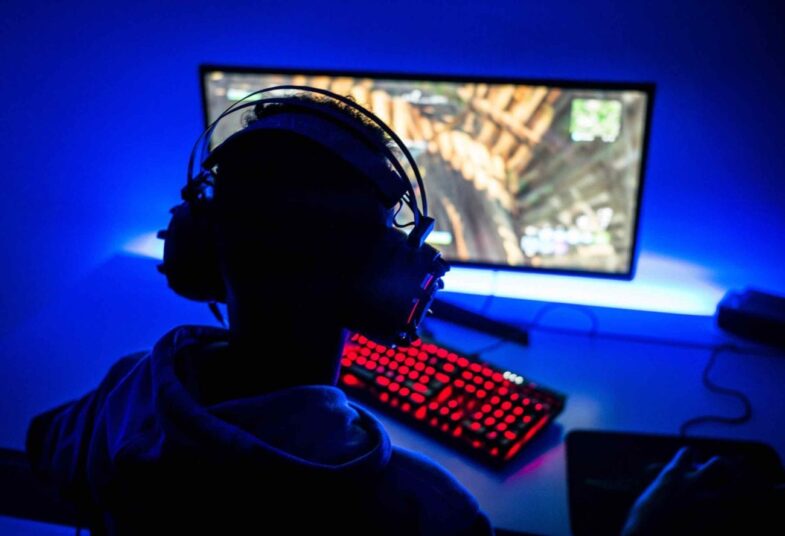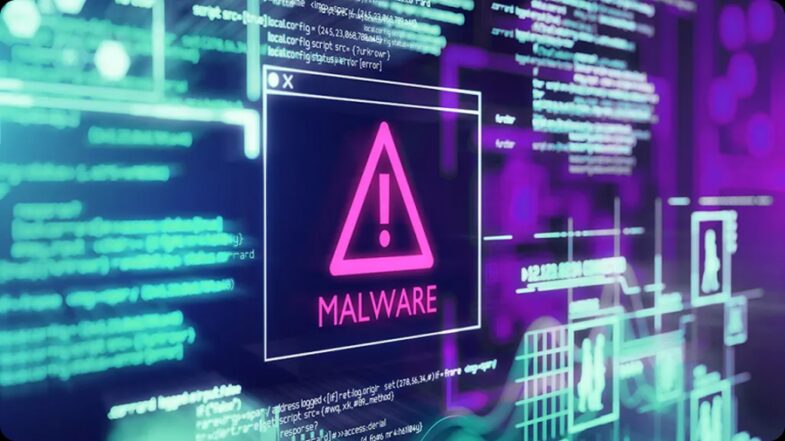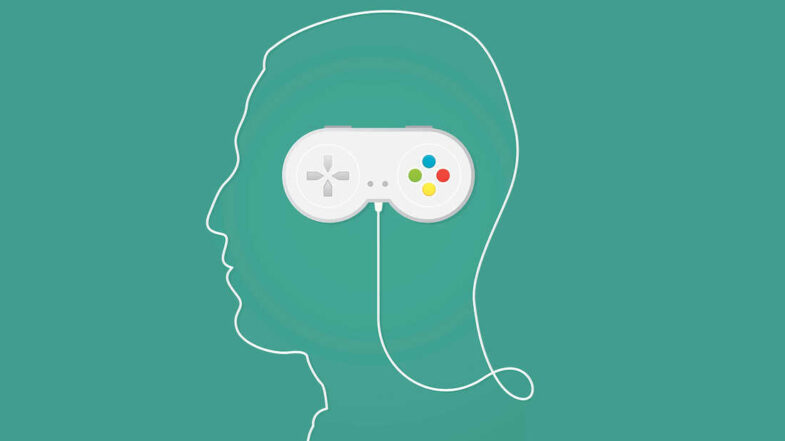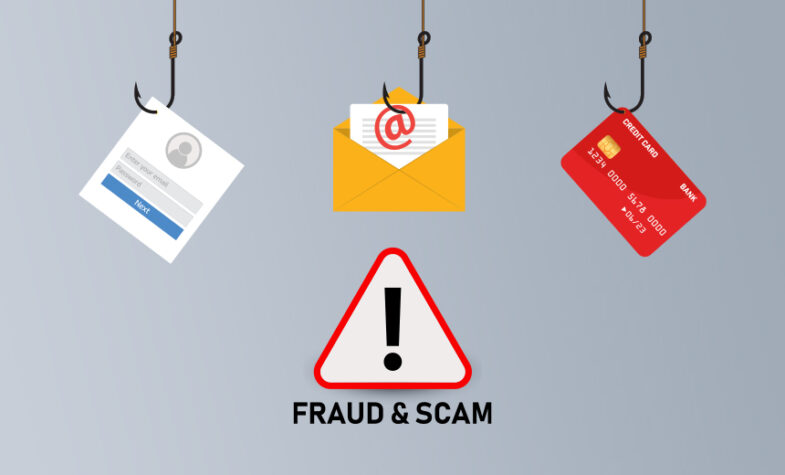Online gaming has become a popular pastime for people of all ages around the world. It offers a unique way to connect with friends and strangers alike, explore new worlds, and experience thrilling adventures. However, as with any online activity, there are risks and threats associated with online gaming that can’t be ignored. From phishing scams to malware attacks and cyberbullying, the online gaming world can be a dangerous place if you’re not cautious.
That’s why it’s essential to educate yourself on the potential risks and take the necessary precautions to protect yourself while gaming online. In this blog post, we’ll delve into the various threats and dangers that online gaming poses and provide you with practical advice on how to stay safe and secure. Whether you’re a seasoned gamer or just starting, read on to learn how to game safely and confidently.
Why is online gaming risky?

Source: calbizjournal.com
Online gaming has grown in popularity in recent years, offering a unique and immersive experience that can be enjoyed by people of all ages. However, it’s important to remember that online gaming can also pose risks and threats to players.
For example, players can encounter cyberbullying, which is quite common nowadays. They may be targeted with insults, threats, or harassment which can cause traumatic cases. Additionally, online gaming can also lead to addiction, which can result in negative impacts on physical and mental health.
There is also the potential for hacking, malware, and other cyber threats, which can compromise players’ personal information and cause damage to their devices. Therefore, it’s crucial for gamers to be aware of the potential risks and take necessary precautions to protect themselves while gaming online.
Identity theft
Online gaming platforms require players to provide personal information, such as name, address, and payment details. These are critical informstiond which cybercriminals can use to steal players’ identities, open fraudulent accounts, or make unauthorized purchases. Therefore, you should protect your personal information by using strong passwords, enabling two-factor authentication, and avoiding sharing personal information with strangers online.
Account takeover
Account takeover is a form of cyber attack where a hacker gains access to a player’s gaming account and takes control of it. This can lead to the theft of virtual assets, fraudulent transactions, and other negative impacts on the player’s gaming experience. Players should use strong passwords, avoid using the same password for multiple accounts, and enable two-factor authentication to prevent account takeover.
Malware and viruses

Source: pinterest.com
Malware and viruses can infect players’ devices through downloads or links associated with online gaming. This can lead to a range of negative impacts, such as slowing down the device, compromising the player’s personal information, and disrupting the player’s gaming experience. Players should use up-to-date security software to protect their devices against malware and viruses, and avoid clicking on suspicious links or downloading content from untrusted sources.
Data breaches
Online gaming platforms store large amounts of personal and financial data, making them attractive targets for cybercriminals seeking to steal this information. Data breaches can lead to the theft of players’ personal and financial information, including credit card numbers, passwords, and other sensitive data. Players should be aware of data breaches and monitor their accounts for any suspicious activity, such as unauthorized transactions or changes to their account information. They should also use strong passwords, enable two-factor authentication, and avoid sharing personal information with untrusted sources.
Cyberbullying
Cyberbullying is a serious issue that can affect anyone, especially children and teenagers who may be more vulnerable. In online gaming, players may be targeted with insults, threats, or harassment by other gamers, which can lead to emotional distress, reduced self-esteem, and other negative impacts on mental health. It’s important for players to report any instances of cyberbullying. Mroevoer, many games also come with report a player option in the game which you can do to let the gaming platform’s support team or other relevant authorities know about it. They should also block or mute any players who engage in such behavior and avoid retaliating, as this may only escalate the situation.
Addiction

Source: npr.org
Gaming addiction can have serious negative impacts on physical health, mental health, and social well-being. Excessive gaming can lead to social isolation, neglect of responsibilities, and poor academic or work performance. Younger players may be particularly susceptible to the lure of online gaming and less able to manage their time effectively. Players should manage their screen time and balance their gaming activity with other activities, such as physical exercise and social interaction. They can also seek support from friends, family, or professionals if they feel their gaming activity is becoming problematic.
Malware and hacking
Cybercriminals can target gaming platforms and players’ devices, using malware to steal personal information or compromise the integrity of the gaming platform. This can lead to financial loss or other negative impacts on players’ digital lives. Players should use up-to-date security software on their devices to protect against malware and hacking. They should also be cautious when downloading or installing third-party software, as this may contain malware or other malicious content.
Inappropriate content
Gaming platforms may not always be monitored for inappropriate content, such as violence, sexual content, or hate speech. Children and vulnerable individuals may be exposed to such content, leading to negative impacts on their mental health and well-being. Parents and guardians should monitor their children’s online gaming activity and set appropriate limits on their screen time. Gaming platforms should also take steps to monitor and filter inappropriate content, such as age restrictions and content warnings.
Scams and fraud

Source: pinterest.com
Players may be tricked into giving away personal information or purchasing fake or fraudulent goods or services. They should be cautious when interacting with other players online and avoid sharing personal information or engaging in financial transactions without verifying the legitimacy of the other party. Players should also be aware of common scams, such as phishing emails and fake gaming websites, and take steps to protect their personal information, such as using strong passwords and two-factor authentication.
Online gaming comes with its own pros and cons, while it can be available from anywhere and anytime, they can also be a good way for online scammers to cheat people. So, while playing online games, ensure you never relay any kind of personal information, card details or such details to people. Many online gaming website, such as Haha Games also offer fun engaging games without struggling with any of such problems.
But whether you are gaming online or browsing on social media, knowing about online scams and doing everything to avoid it is a necessary step that you must take to ensure that you do not fall victim to such scams.
